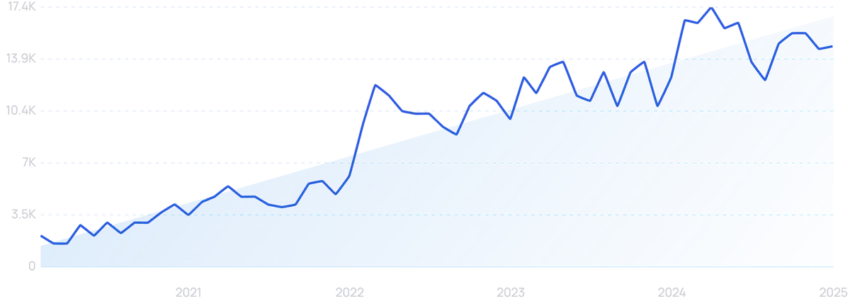TL;DR Summary of The Ultimate Guide to Search Engine Marketing: Boost Your Business with SEM Ads
Optimixed’s Overview: Mastering Paid Search Strategies to Elevate Your Online Presence
Understanding Search Engine Marketing (SEM)
SEM is a digital advertising approach that places paid ads on search engine results pages (SERPs) to drive traffic, leads, and conversions. Unlike SEO, which can take months to yield results, SEM offers immediate visibility by bidding on keywords relevant to your business. This makes SEM an essential component of a balanced digital marketing strategy.
Key SEM Tactics and Ad Types
- The Sneak Attack: Target competitors’ high-value keywords to divert buying-intent traffic to your site.
- Doublestack: Run ads on your own brand name to protect market share against competitor ads.
- Crash the Party: Use “vs” keyword ads to attract prospects comparing your products against competitors.
- Pay-per-Click (PPC): Advertisers pay only when users click the ad, controlling budget with monthly caps.
- Pay-per-Lead: Pay only for qualified leads generated through the ad, ideal for service-based businesses.
How to Set Up and Optimize Google Ads Campaigns
Setting up Google Ads involves selecting your campaign goal, choosing the campaign type, defining your audience, and creating your ad with Google’s AI-assisted tools. You can also set bidding strategies such as conversions or cost-per-action and manage your budget effectively. Google offers expert assistance for beginners to maximize results.
Leveraging Tools for SEM Success
Semrush is highly recommended for keyword research, competitor analysis, and ad management. Its Keyword Gap tool helps identify lucrative keywords your competitors rank for, while the Ads Launch Assistant simplifies campaign creation using AI-generated ads. These tools enable marketers to optimize spend, improve targeting, and launch campaigns faster.
Best Practices for Businesses Using SEM
- Service-based businesses: Ensure sales processes and immediate lead follow-up are in place before launching ads.
- Product-based businesses: Regularly monitor ads to avoid directing traffic to outdated or broken pages, and use negative keywords to refine targeting.
- E-commerce: Utilize free listings alongside paid ads to capture additional organic traffic opportunities.
Is SEM Worth the Investment?
When executed properly, SEM offers a highly targeted, measurable, and scalable way to grow your brand, generate leads, and increase sales. By combining expert guidance from Google and powerful tools like Semrush, businesses can maximize their ad spend and achieve a strong return on investment.
